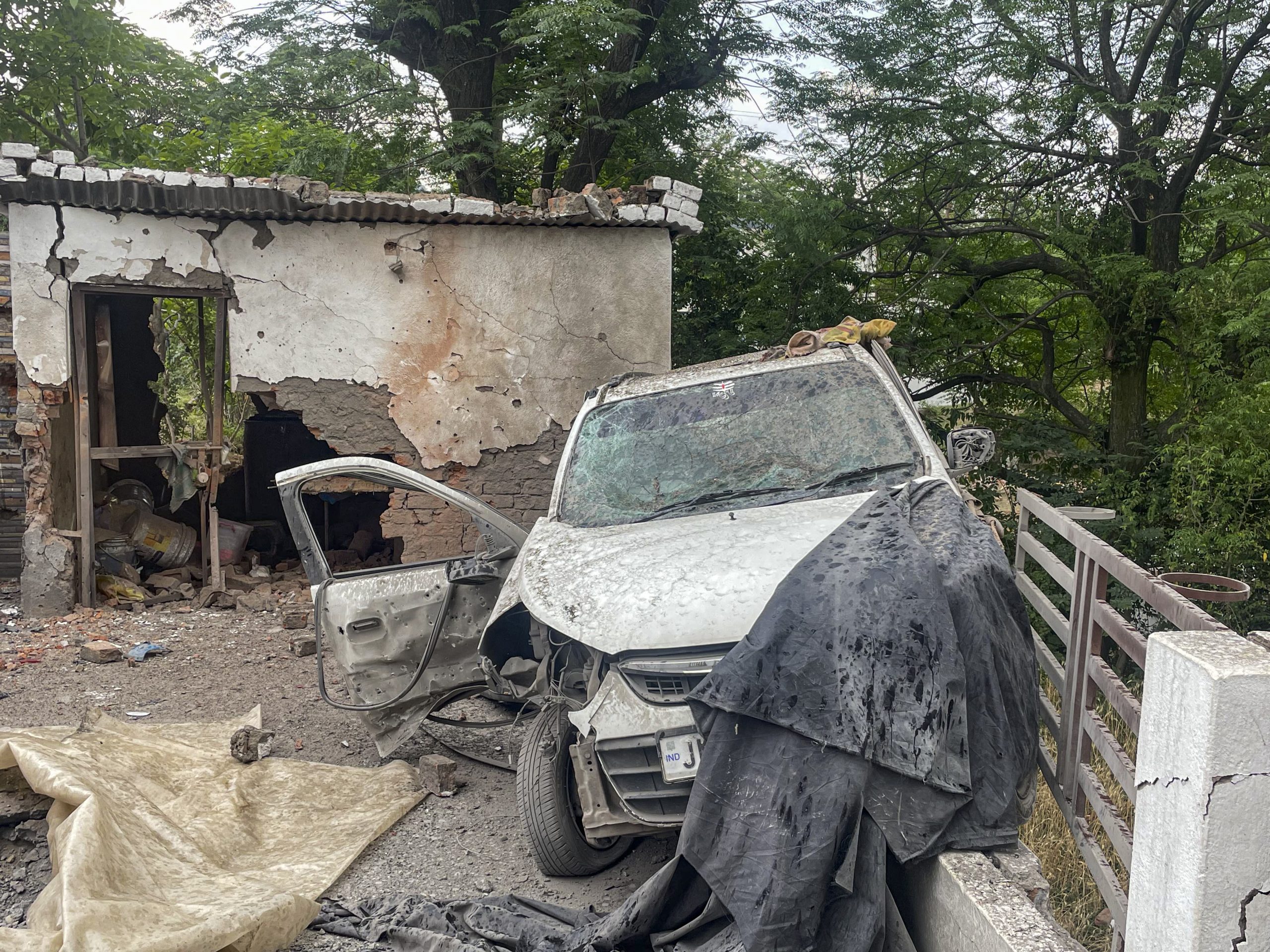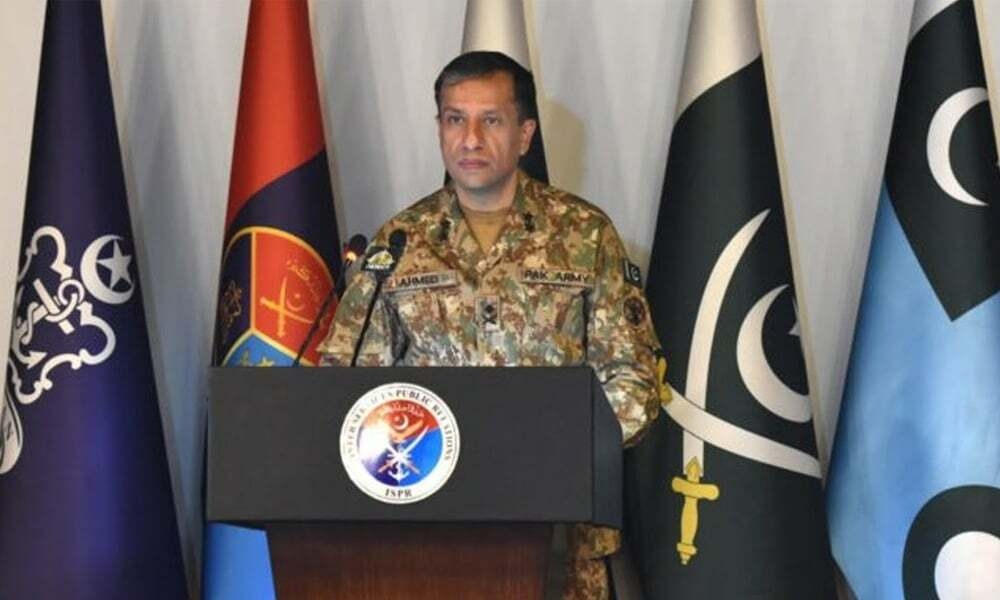When Those Who Risk The Most Are Valued The Least: The RH Factor Allowance

A cracked piggy bank pouring coins beside a soldier captures the erosion of morale that follows unequal RH allowances and hints at a broken social contract between the state and its defenders. Image courtesy: AI-generated picture via DALL-E
The question of dignity and fairness for India’s Armed Forces personnel has taken centre stage once again, as glaring disparities in the Risk and Hardship (RH) Factor Allowance between military personnel and their Central Armed Police Forces (CAPF) counterparts continue to undermine the morale of those who guard our borders and sacrifice their lives for the nation. At the heart of this issue lies not merely a financial grievance, but a fundamental breach of the social contract between the state and its uniformed defenders.
The RH Factor Allowance, governed by the Risk and Hardship Matrix established under the 7th Central Pay Commission, was designed to compensate personnel for the extraordinary risks and harsh conditions they face in their line of duty. Yet, despite operating in identical locations and facing similar threats, Armed Forces personnel receive significantly lower allowances compared to their CAPF counterparts. This disparity has created a two-tier system of compensation that questions the very principles of equity and fairness that should govern a democratic nation’s treatment of its defenders.
Consider the stark reality: for personnel posted along the Line of Control with Pakistan, CAPF personnel at lower ranks receive ₹17,300 per month as risk allowance, whilst officers receive ₹25,000. In contrast, Armed Forces personnel deployed in the same treacherous terrain receive a mere ₹9,700 for lower ranks and ₹16,900 for officers. This differential amounts to approximately ₹13 lakh over a standard 30-month tenure, creating an inexplicable hierarchy where those facing bullets and shells are compensated less than those in supporting roles.
The situation becomes even more absurd when examining specific locations. CAPF personnel receive risk allowance for areas like Pooh-Sangla and Moorang-Thangi in Himachal Pradesh along the Line of Actual Control with China, whilst these very areas are not even listed for risk allowance in Ministry of Defence notifications for Armed Forces personnel. Such inconsistencies suggest a systemic oversight that borders on the discriminatory.
The genesis of this disparity can be traced to the aftermath of the Pulwama attack in February 2019, when the Ministry of Home Affairs revised risk allowances for CAPFs. Whilst the Ministry of Defence subsequently revised allowances for the Armed Forces in April 2022, the parity promised was never truly achieved. The bureaucratic wrangling between ministries has left serving personnel feeling abandoned by the very system they swore to protect.
Beyond the financial implications lies a deeper question of dignity and respect. The Armed Forces operate on principles of honour, duty, and sacrifice, values that are not merely aspirational but form the bedrock of military culture. When the state fails to ensure equitable treatment, it sends a troubling message about how it values the contributions of different security forces. The psychological impact on morale cannot be overstated, particularly when soldiers in remote posts learn that their counterparts in paramilitary forces receive better compensation for similar sacrifices.
The issue extends beyond allowances to encompass broader concerns about status and recognition. The 7th Central Pay Commission’s recommendations, whilst improving overall compensation structures, created new disparities that have left Armed Forces personnel feeling marginalised. The exclusion of defence personnel from certain benefits extended to civil services has compounded feelings of institutional discrimination.
International best practises suggest that nations serious about maintaining strong defence capabilities invariably prioritise the welfare of their military personnel. Countries like the United States and United Kingdom have established comprehensive frameworks ensuring that military personnel receive not just adequate compensation but also the respect and dignity commensurate with their service. The principle that those who risk their lives for national security deserve special consideration is not merely sentimental but strategically sound.
The current disparity also raises questions about India’s commitment to maintaining high recruitment standards and retention rates in the Armed Forces. Young officers and soldiers, already dealing with the challenges of military life, find themselves questioning career choices when faced with such inequitable treatment. The downstream effects on military readiness and institutional morale could prove far more costly than the financial outlay required to address these disparities.
Moreover, the issue reflects poorly on India’s democratic values and commitment to equality before the law. If the state expects its citizens to serve with dedication and sacrifice, it must reciprocate with fairness and dignity. The current system creates an uncomfortable parallel with colonial-era practises where different services were treated unequally based on administrative convenience rather than merit or contribution.
The path forward requires immediate governmental intervention to establish true parity in RH Factor Allowances. This is not about creating privileged classes but about ensuring that all those who serve in high-risk environments receive equitable compensation. The Defence Ministry must work with the Finance Ministry to resolve these anomalies without further delay.
Parliament and civil society must also recognise that supporting our Armed Forces through equitable policies is not optional but essential for national security. The men and women who guard our frontiers deserve better than bureaucratic indifference. They deserve dignity, fairness, and the knowledge that their nation values their sacrifice equally, regardless of which uniform they wear. The time for half-measures has passed; comprehensive parity in allowances is not just a demand but a democratic imperative that can no longer be ignored.







